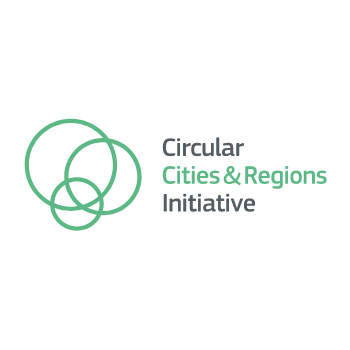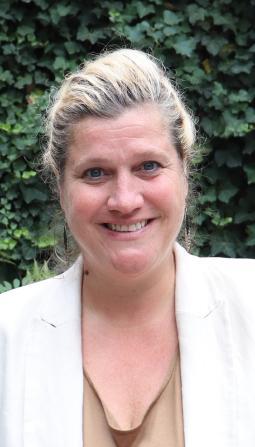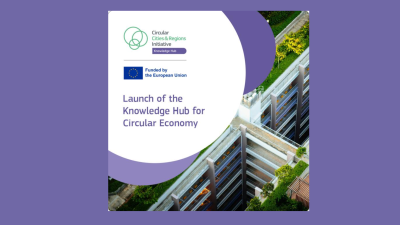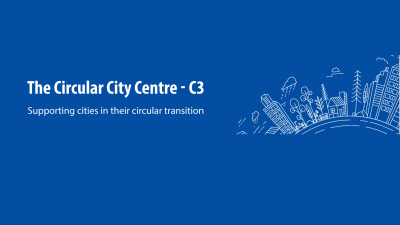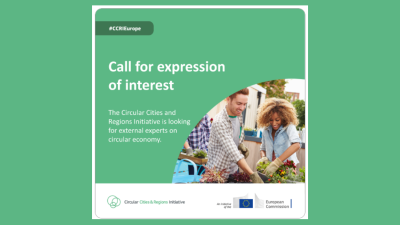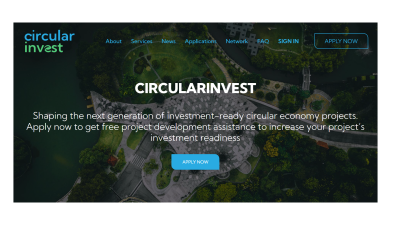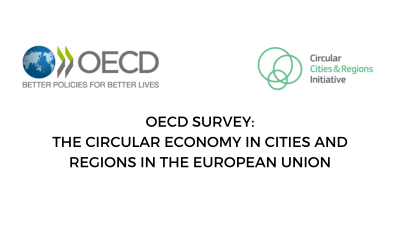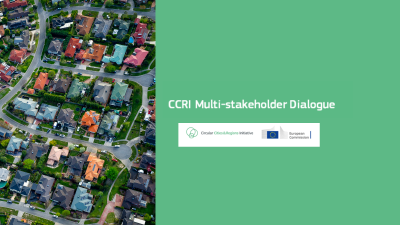Project Objectives
Project Objectives
The CCRI Coordination and Support Office provides technical and comprehensive support over the whole life cycle of urban and regional circular economy initiatives of cities, regions and territorial clusters from Europe. Based on the selection results of an open call, 12 selected Pilots benefit from four years of knowledge-sharing with technical support to speed up their circular policy implementation. More specifically, the 12 Pilots will demonstrate and facilitate the replication of at least one Circular Systemic Solution in a specific territory. Furthermore, the 25 selected Fellows liaise to the Pilot group to engage in this multistakeholder learning process, liaising them with industry representatives, research and technology organisations and civil society stakeholders across Europe’s. CCRI is aiming for the highest ambition and best ideas to capitalise cross sectorial cooperation and innovation and the biggest potential for transferability of these Circular Systemic Solutions (CSS) to other cities, regions and territorial clusters.
More specifically, the CCRI-CSO:
- supports cooperation, synergies and complementarities between the CCRI Pilots and Fellows, CCRI Projects, Associated Partners and other relevant stakeholders;
- assists the CCRI Pilots with the development of their CSS, as well as supporting good practice exchange and upscaling;
- analyses the main research and innovation gaps, but also the main policy, technical, regulatory barriers and drivers to circular economy transition at local and regional scale, and providing policy recommendations to overcome them;
- presents lessons learned from CCRI-CSO activities for further dissemination, communication and awareness raising activities.
ERRIN is pleased to count over 20 CCRI Pilots & Fellows selected from among ERRIN Member Regions.

